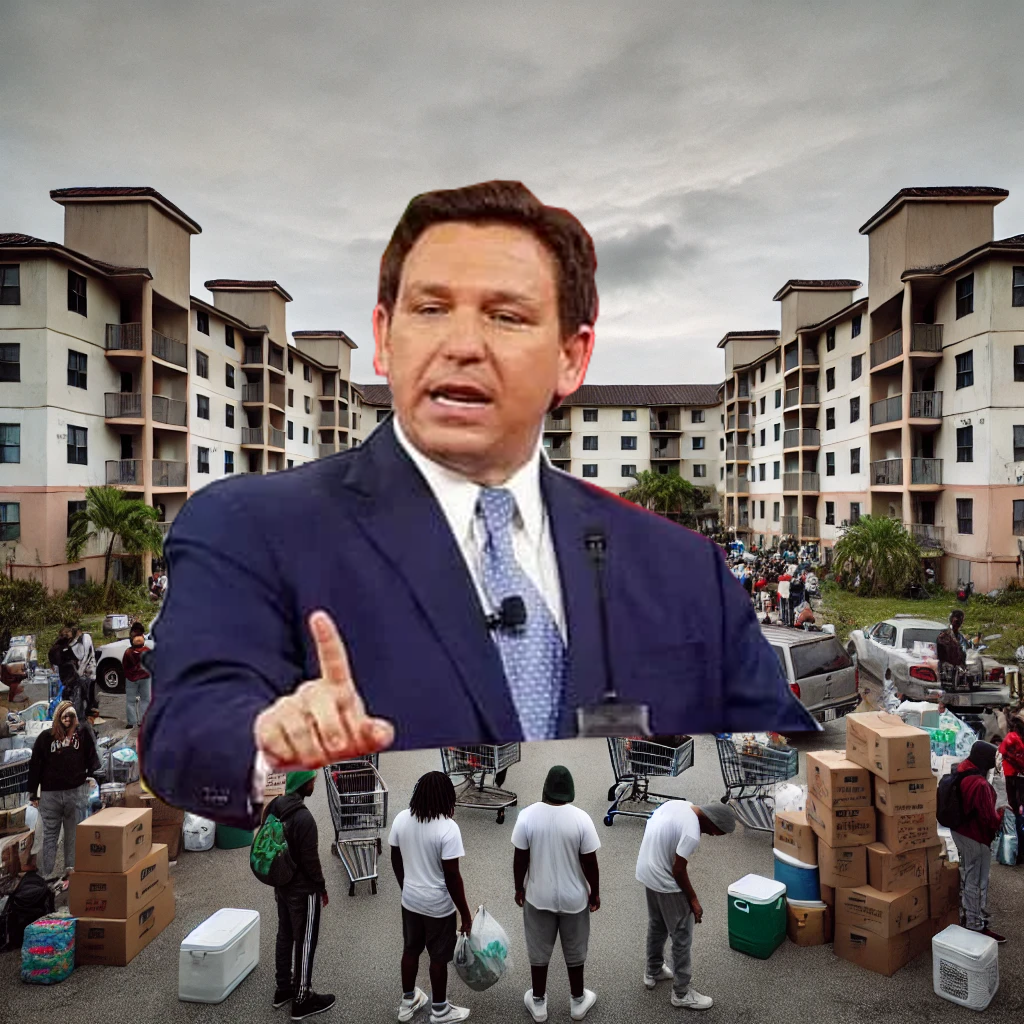As October 1 approaches, when HB 1365 takes effect, Florida’s homeless population faces increased displacement. With shelter space limited and little funding available to expand services, many cities are ill-prepared to handle the growing crisis. The law empowers private citizens to sue municipalities that fail to remove homeless encampments, further straining local governments.
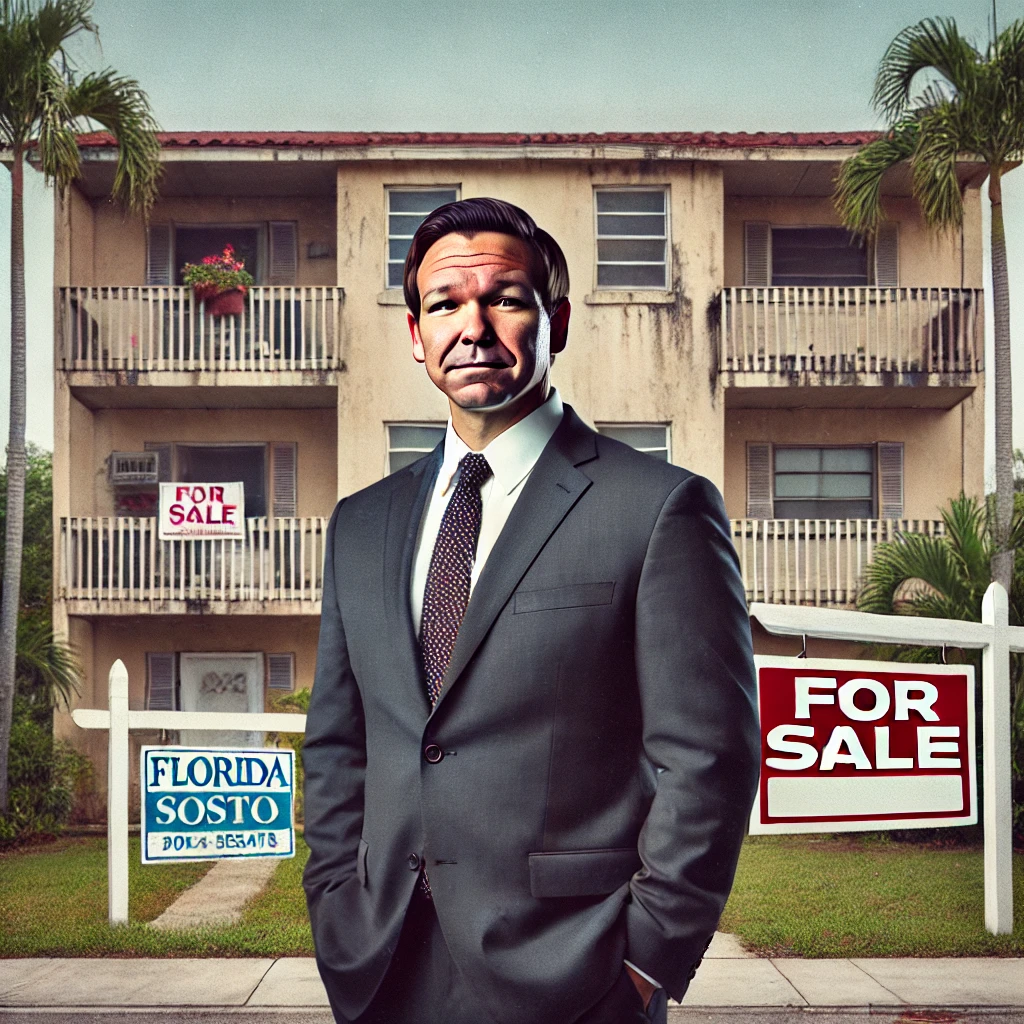
Florida’s housing crisis continues to worsen under Governor Ron DeSantis’ administration, as new policies take effect that are expected to increase homelessness across the state. Skyrocketing insurance rates, widespread evictions, and unaffordable housing have already contributed to a nearly 20 percent rise in the state’s unsheltered homeless population between 2022 and 2023, according to HUD. This crisis has particularly impacted families and seniors, who now make up a large portion of those without shelter.
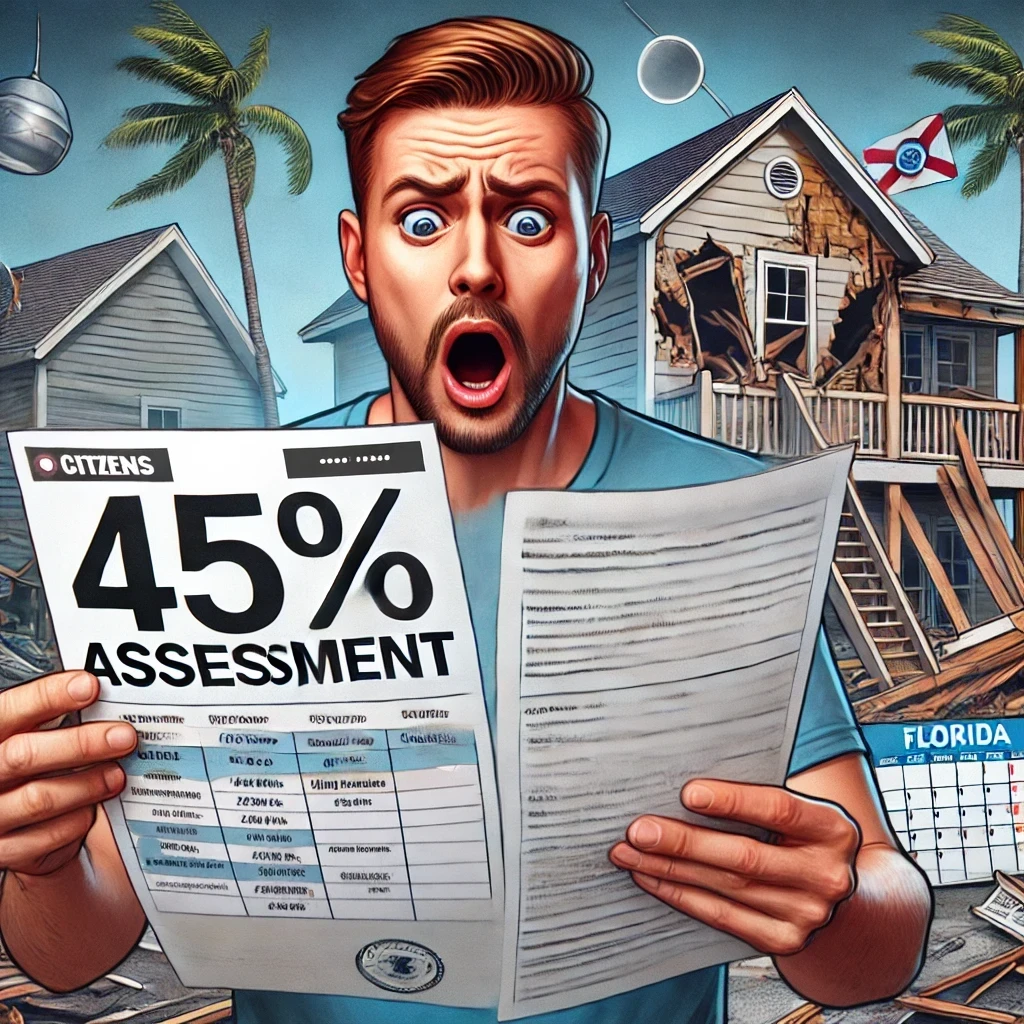
The COVID-19 pandemic and subsequent inflation have driven the cost of living beyond what many Floridians can afford. Rent prices have skyrocketed, and for those who lost their jobs or experienced other financial setbacks, housing has become unattainable. As home insurance rates rise, many homeowners are left without coverage, further compounding the crisis. Florida’s exposure to hurricanes and natural disasters makes this situation particularly alarming for those who cannot afford to protect their homes.
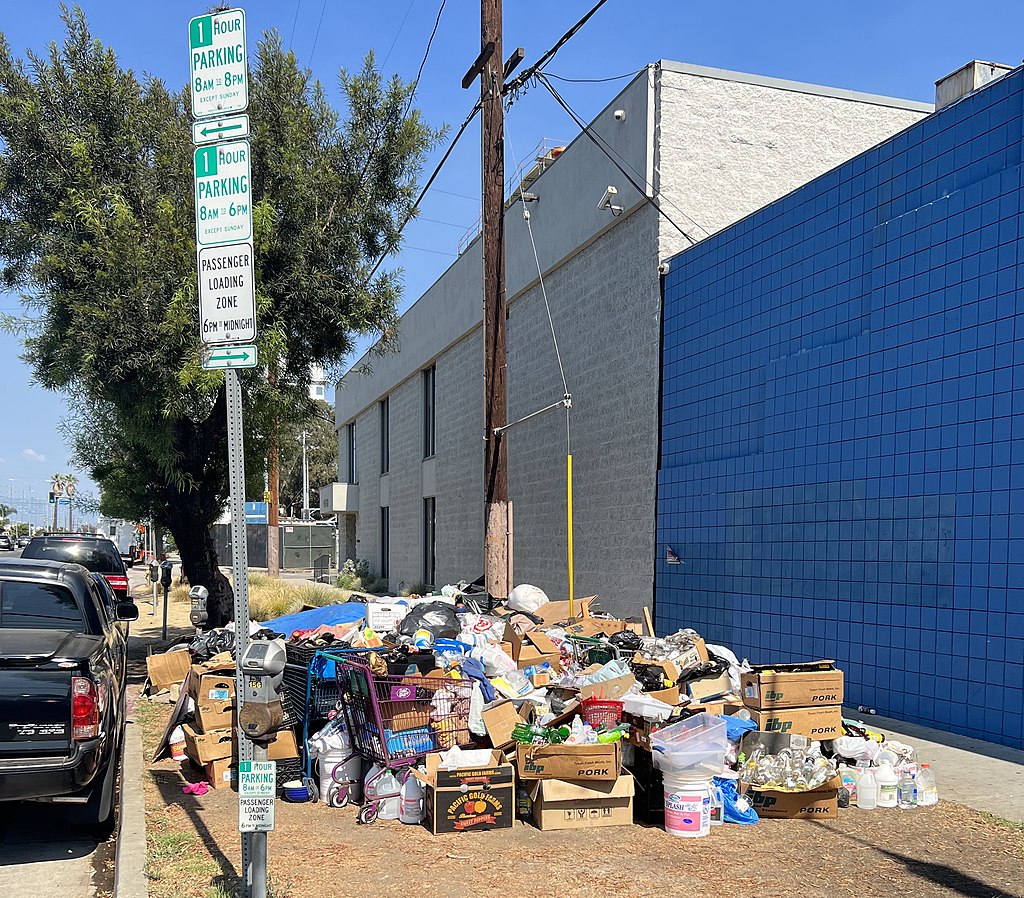
Governor DeSantis’ recent legislation, including HB 1365, has sparked concern as it criminalizes homelessness without addressing its root causes. The new law prohibits homeless encampments on public property, forcing municipalities to dismantle these camps. Local governments are required to provide adequate shelter, but without additional funding from the state, most cities are unable to meet the demand. Critics argue this approach only displaces the homeless further, without providing real solutions.

Adding to the problem, landlords across Florida have begun using the state’s requirement for inspections on older buildings as a way to have these properties condemned, leading to mass evictions. Once a building is condemned, tenants in both condos and apartments are forced to leave, allowing landlords to redevelop the property or sell the land. This practice has become a major contributor to the state’s housing crisis, as thousands of residents are displaced with nowhere to go.

The same tactic is being applied to condominium associations, where long-time residents are being pushed out under the new inspection laws. Landlords and property owners use this law as a loophole to clear buildings for redevelopment, making it harder for low-income and middle-class Floridians to find stable, affordable housing. This has fueled an increase in homelessness, with many evictees unable to secure new homes due to the high costs of renting or buying in the current market.
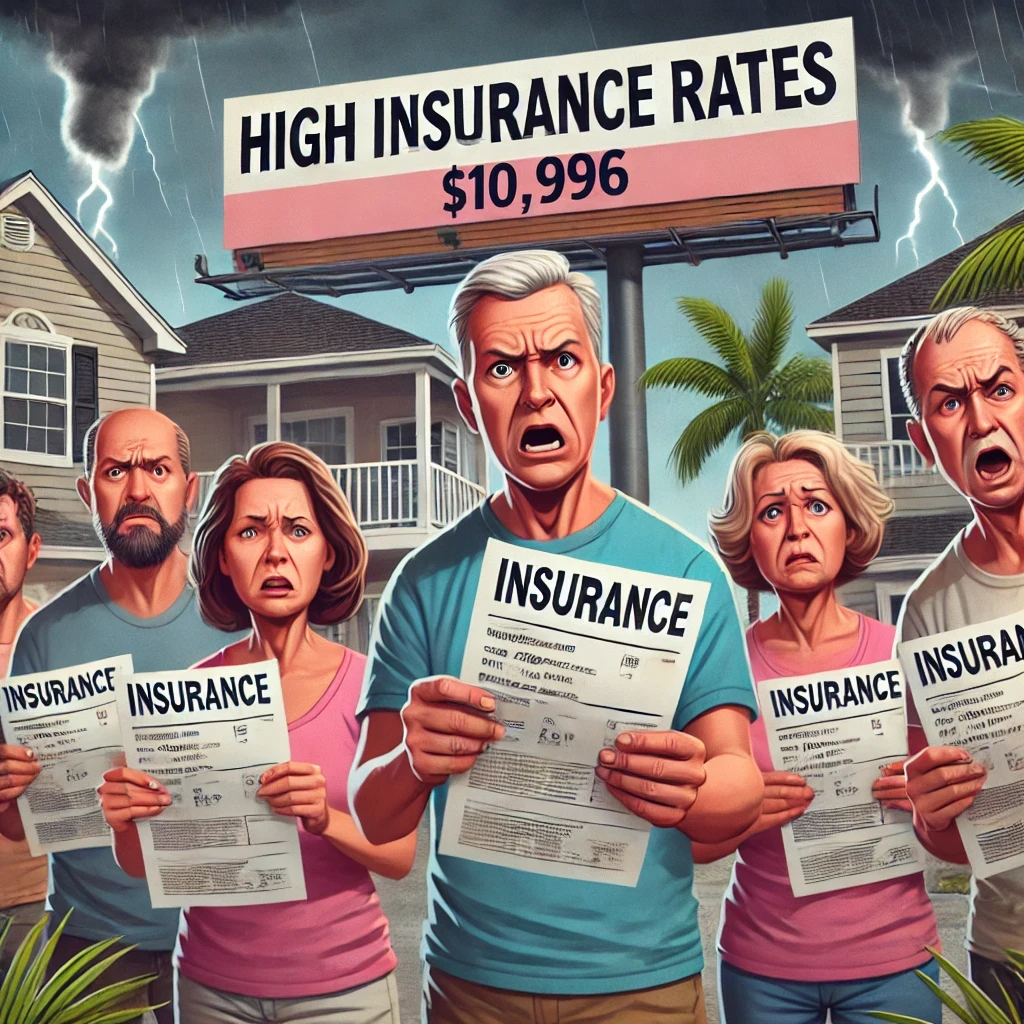
Homeowners in Florida face a different but equally devastating challenge. Due to the high risk of hurricanes and other natural disasters, many insurance companies have pulled out of the state, leaving homeowners to contend with soaring premiums. Those who can no longer afford coverage are left uninsured, vulnerable to losing everything in the event of a major storm. With climate change making storms more intense, this situation presents an ongoing threat to Florida residents.
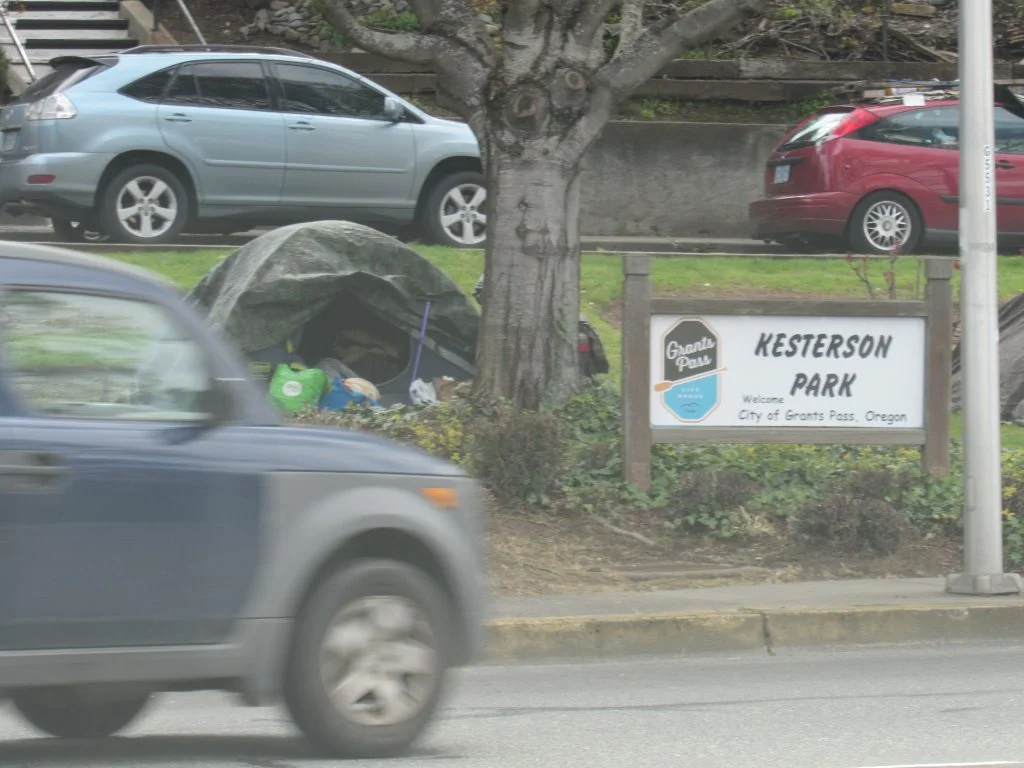
DeSantis’ policies have been compared to historical anti-vagrancy laws, which sought to criminalize homelessness rather than address the underlying issues. A recent Supreme Court decision, Grants Pass v. Johnson, upheld similar laws, further legitimizing Florida’s punitive approach. Critics argue that these policies target vulnerable populations without offering meaningful alternatives, such as affordable housing or access to supportive services.

Housing First programs, which have been successful in other parts of the country, offer a potential solution to Florida’s growing homelessness crisis. These programs prioritize stable housing without preconditions, allowing individuals to regain stability with access to supportive services. However, Florida’s leadership has opted for punitive measures, focusing on criminalizing homelessness rather than addressing its root causes.
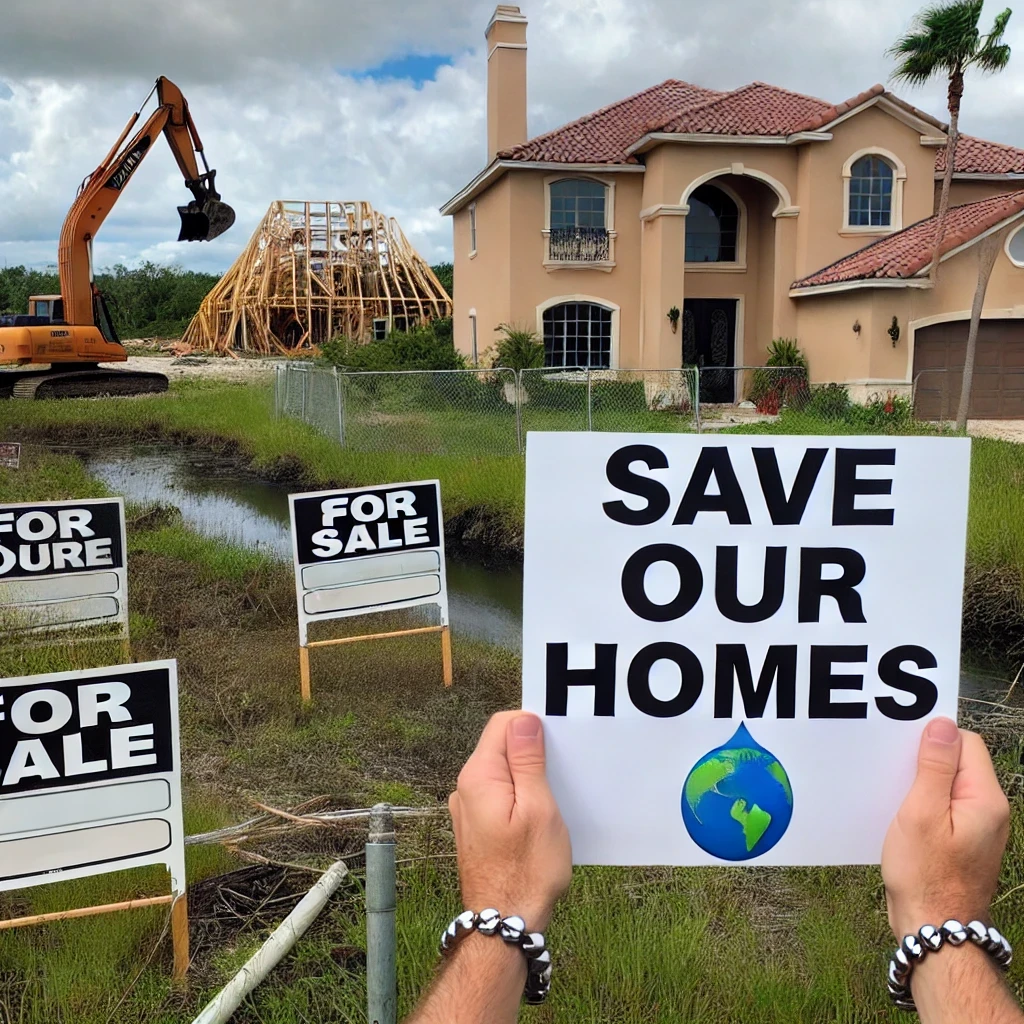
Florida’s housing crisis requires urgent action, but current policies are only deepening the problem. Instead of criminalizing homelessness and displacing residents through building condemnations, the state could invest in affordable housing solutions and Housing First programs. Without a shift in policy, Florida’s most vulnerable residents will continue to suffer, caught in a cycle of eviction, homelessness, and instability.

